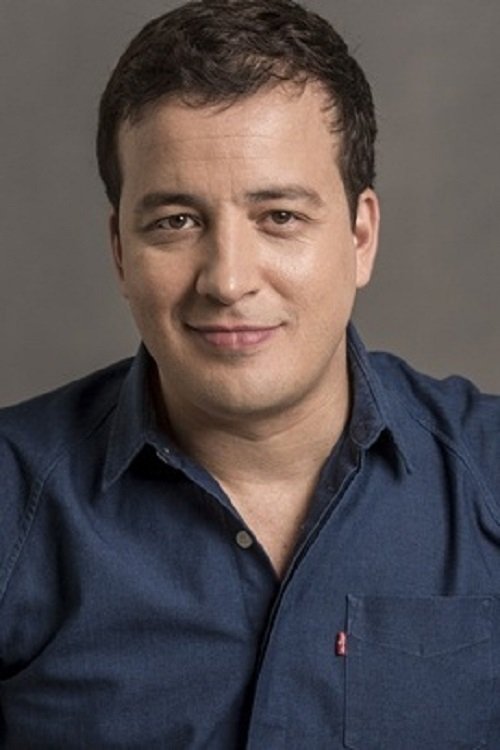
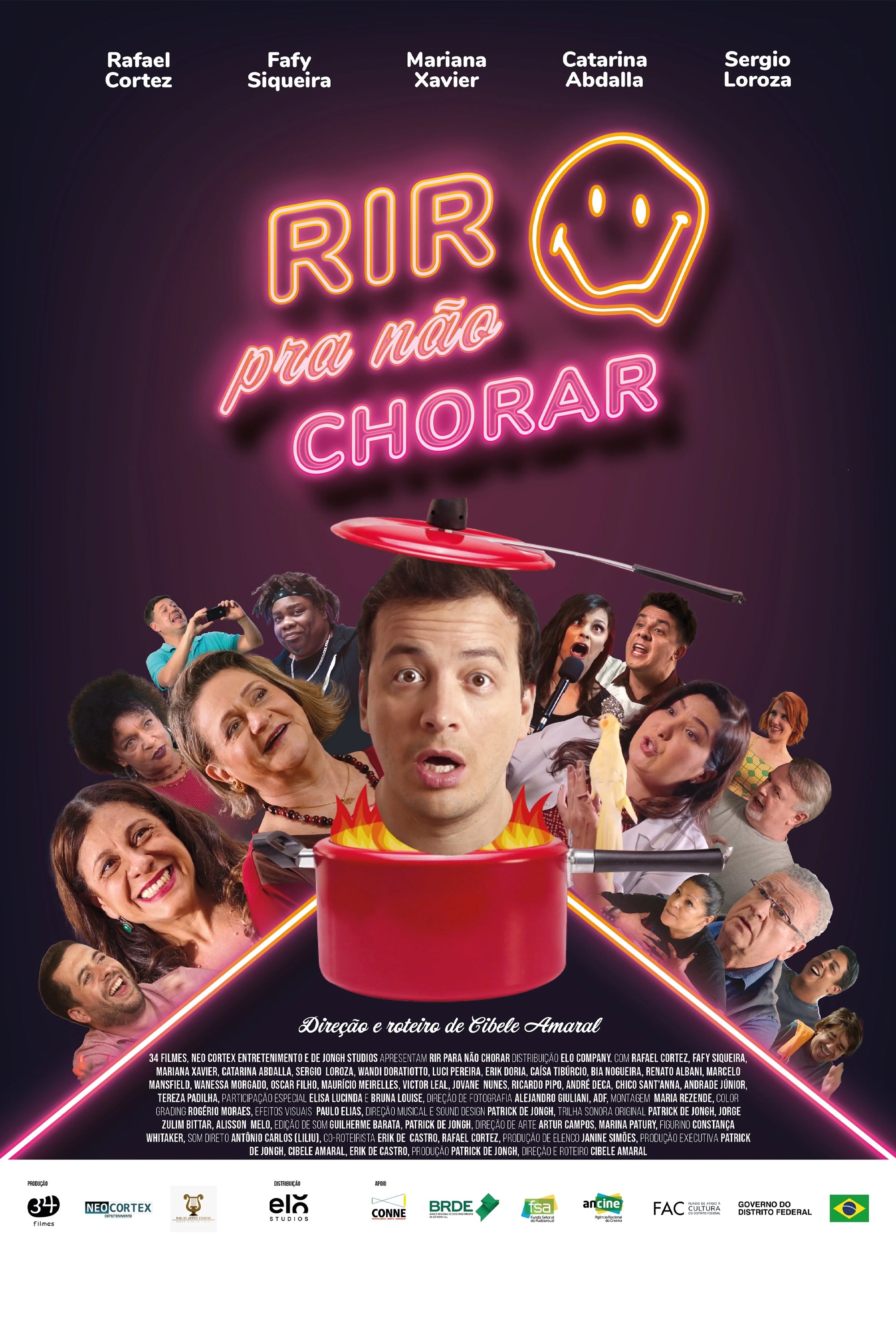

Why do mosquitoes prefer to bite some people over others? What happens to the body when it faces extreme cold? What is best to lower body temperature, cold or hot beverages? Why does it hurt so much to get pricked with a needle? Rafael Cortez will be our guide in this scientific quest to answer these questions. With five guinea pig testers who will participate in fun experiments.

Why do mosquitoes prefer to bite some people over others? What happens to the body when it faces extreme cold? What is best to lower body temperature, cold or hot beverages? Why does it hurt so much to get pricked with a needle? Rafael Cortez will be our guide in this scientific quest to answer these questions, with five guinea pig testers who will participate in fun experiments.
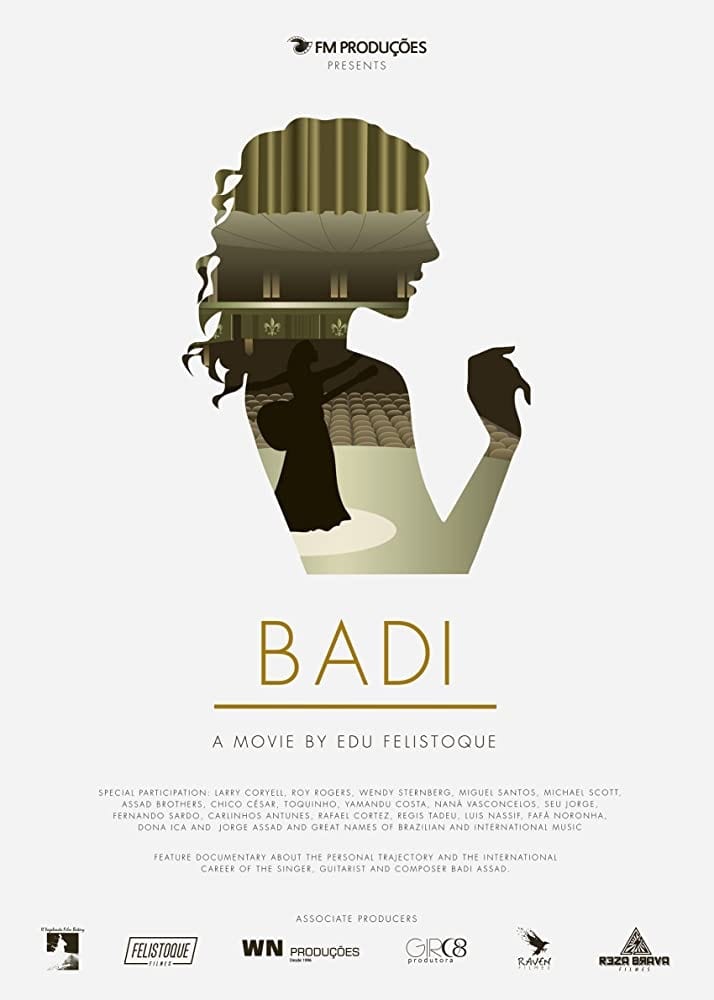
The personal trajectory and the international career of the singer, guitarist, and composer Badi Assad.
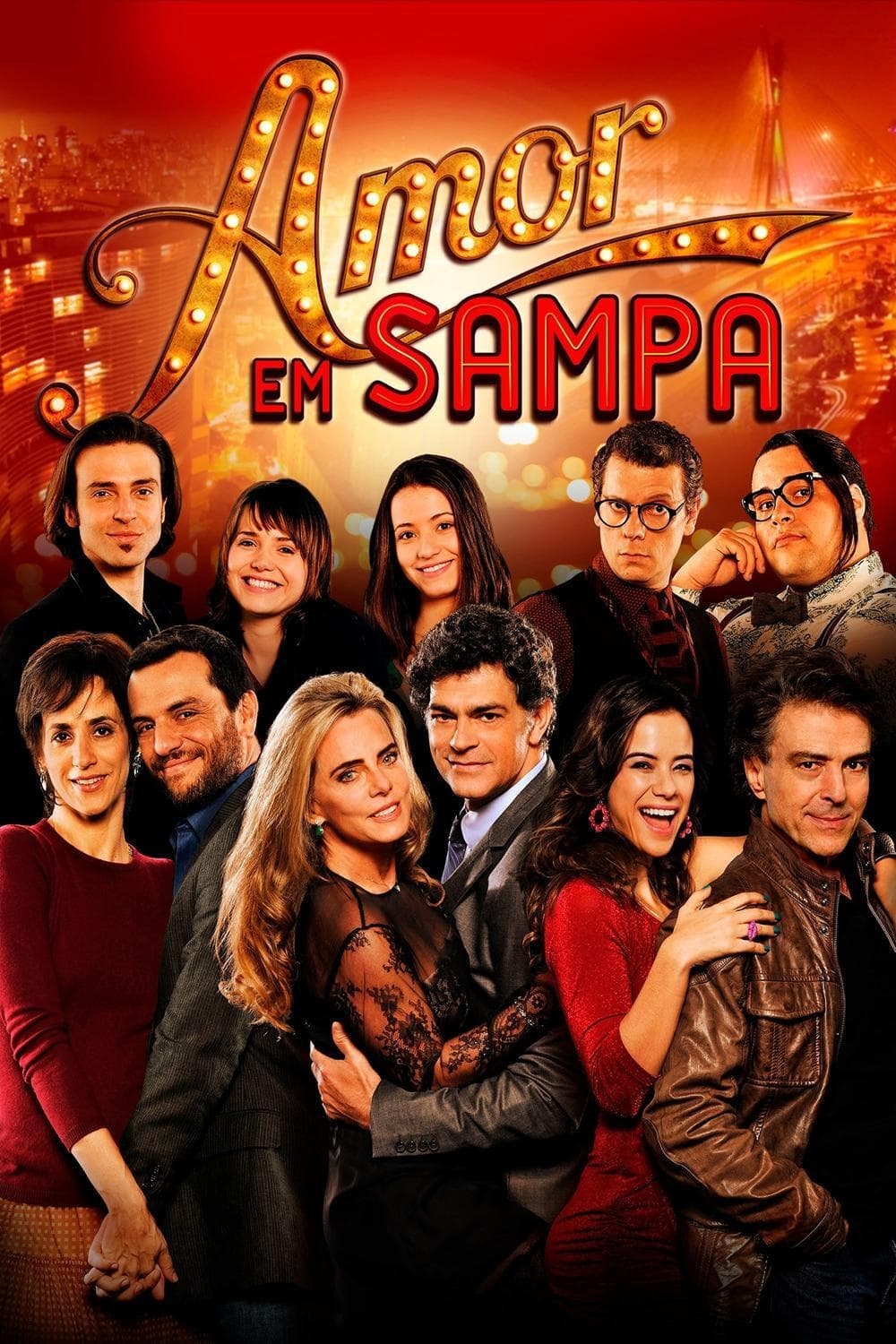
Cosmo is a taxi driver who loves traveling around São Paulo. One day, when he meets Mauro in a bar, he receives an unusual proposal: to record testimonials from passengers in his taxi, in which people would talk about what they like in São Paulo.
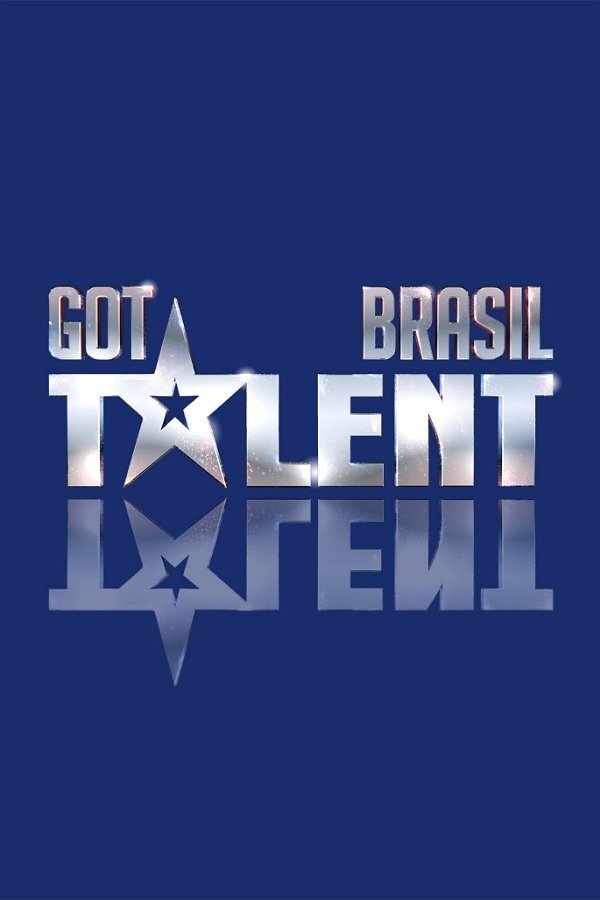
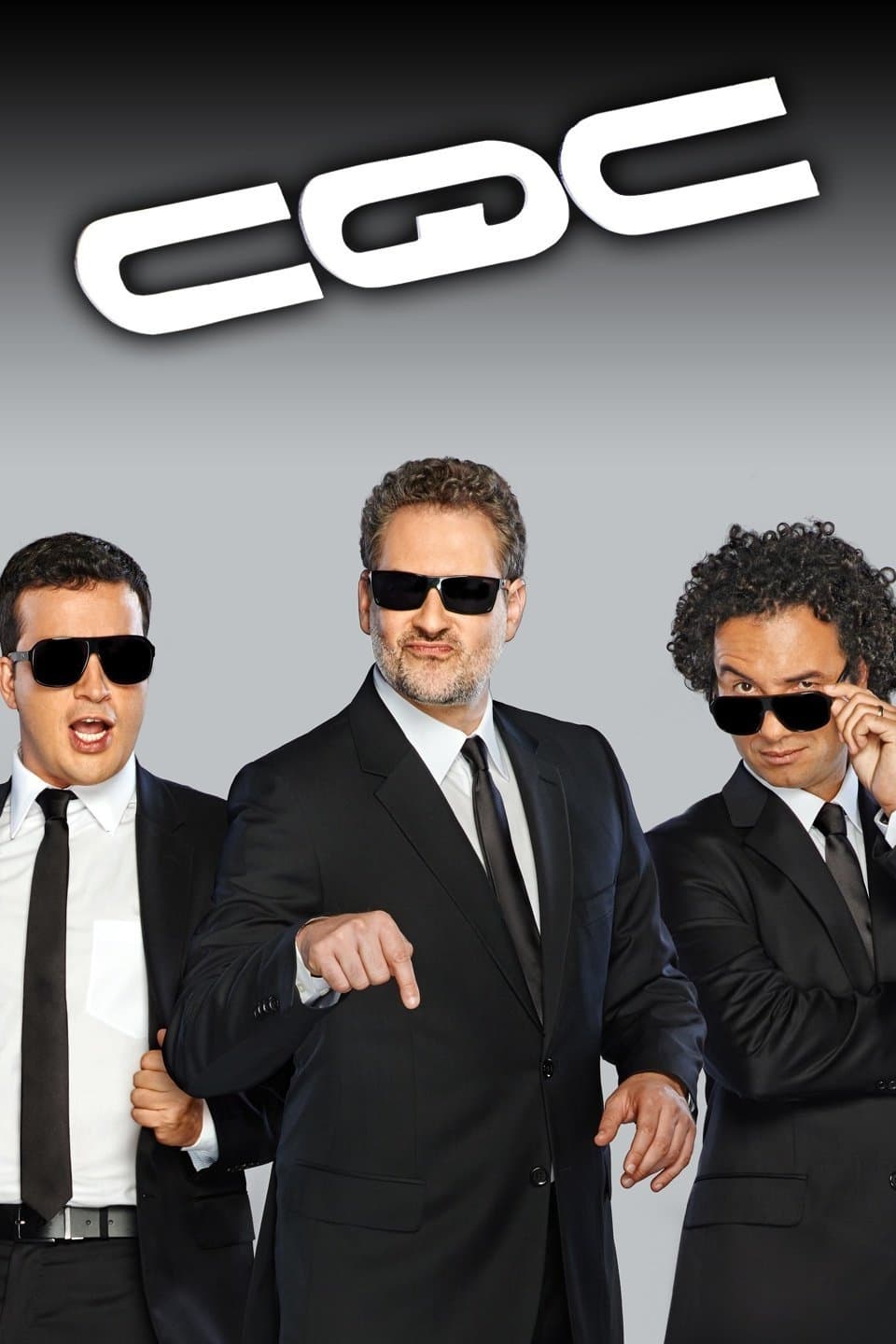
Custe o Que Custar is a Brazilian television comedy show, produced by Eyeworks and aired weekly by Rede Bandeirantes since March 17, 2008. It is presented by Marcelo Tas, and has in its team Marco Luque and Oscar Filho. The news reports are conducted by Felipe Andreoli, Monica Iozzi, Mauricio Meirelles, Ronald Rios and Dani Calabresa. The program covers weekly events from Politics, Arts and Sports, from a humorous and satirical viewpoint. It oftens uses metalanguage by satyrizing the very program on live transmissions, and introducing graphics and sound effects from the subjects. The format comes from Argentina, when it was originated under the name Caiga Quien Caiga, created in 1995 by Mario Pergolini
By browsing this website, you accept our cookies policy.